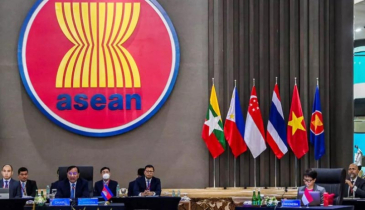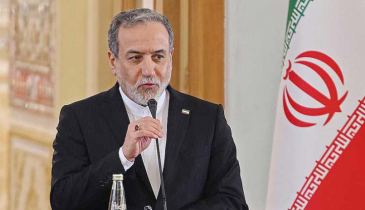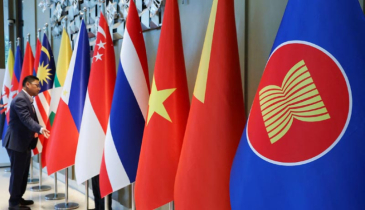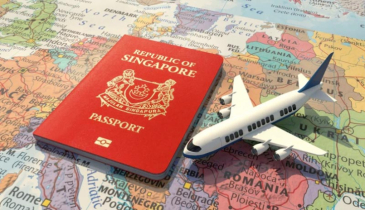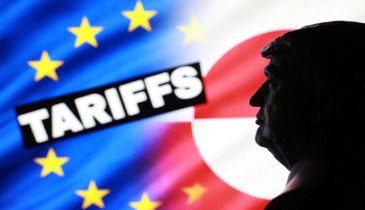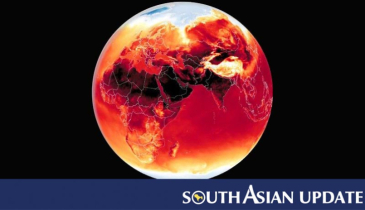Iran says Trump's call for peace 'at odds' with US actions
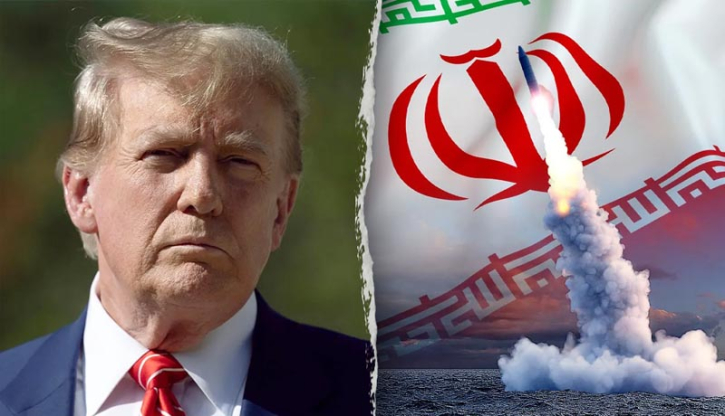
Iran on Tuesday sharply rejected US President Donald Trump’s call for renewed peace talks, saying his statements were incompatible with Washington’s “aggressive and criminal” actions against the Iranian people, particularly following recent US and Israeli strikes on Iranian targets.
In a strongly worded statement, Iran’s Foreign Ministry said Trump’s expression of goodwill “stands in clear contradiction to the hostile and destructive policies of the United States,” accusing Washington of hypocrisy in preaching peace while participating in military aggression.
The criticism came after Trump, during an address to Israel’s Knesset on Monday, said he was open to a peace deal with Tehran and that “the ball is in Iran’s court.” He urged Iran’s leaders to “renounce terrorism, stop threatening their neighbors, quit funding militant proxies, and recognize Israel’s right to exist,” saying that such steps could usher in “a new era of peace in the Middle East.”
Tehran, however, dismissed the remarks as politically motivated and insincere. “How can one bomb residential areas and nuclear facilities of a country in the midst of negotiations, kill more than a thousand people including women and children, and then speak of peace and friendship?” the Foreign Ministry said.
The rebuke follows one of the deadliest escalations between Iran and Israel in decades. In mid-June, Israel launched a sweeping aerial assault on Iran, striking multiple nuclear and military sites as well as civilian neighborhoods. The campaign, which lasted nearly two weeks, killed more than 1,000 people and caused extensive damage to Iran’s infrastructure.
During that period, US forces reportedly conducted targeted strikes on Iranian nuclear facilities, an operation that effectively derailed the fragile nuclear diplomacy that had been revived earlier this year after months of indirect negotiations between Washington and Tehran.
Iran retaliated with missile and drone attacks on Israeli cities and military bases, killing dozens and prompting international calls for de-escalation. A ceasefire, brokered with mediation from Qatar, Oman, and the European Union, has been in place since June 24, though tensions remain high across the region.
Iranian officials accused Trump of trying to “whitewash U.S. complicity” in what they described as Israeli war crimes. “The United States, as a principal supporter of the Zionist regime, bears full responsibility for these atrocities,” the Foreign Ministry said, calling Washington “a producer of terrorism and instability in the region.”
Political analysts say Tehran’s reaction signals that any new talks are unlikely soon, despite quiet diplomatic efforts by intermediaries in Muscat and Doha to restore dialogue between the two longtime adversaries.
The June conflict, the deadliest confrontation between Iran and Israel since the 1980s, has further complicated the already strained geopolitical landscape in the Middle East — with concerns that another miscalculation could ignite a wider regional war involving Lebanon’s Hezbollah, Yemen’s Houthis, and US forces stationed across the Gulf.
.png)


